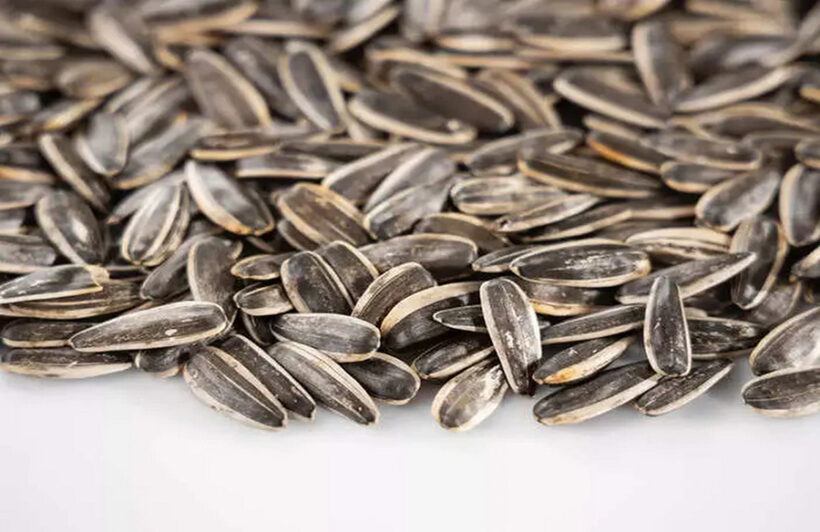Introduction
Sunflower seeds, harvested from the flowering heads of the sunflower plant, are not just flavorful snacks but also nutritional powerhouses. Packed with essential nutrients, these small seeds offer a range of health benefits and culinary versatility.
Nutritional Value
Sunflower seeds boast a rich nutritional profile, containing healthy fats, protein, fiber, vitamins, minerals, and antioxidants. These nutrients support various aspects of health, including heart health, weight management, and bone strength.
Health Benefits
The consumption of sunflower seeds is linked to several health benefits, including improved heart health, weight management, and antioxidant protection. Their nutrient-rich composition makes them a valuable addition to a balanced diet.
Culinary Uses
From salads to baked goods, sunflower seeds can enhance the flavor and texture of a wide range of dishes. They can be sprinkled on top of salads, mixed into yogurt or oatmeal, or enjoyed as a crunchy snack. Sunflower seed butter provides a nutritious alternative for those with nut allergies.
Types of Sunflower Seeds
Sunflower seeds are available in two main types: in-shell and hulled (or unshelled). While in-shell seeds require cracking open to access the edible kernel, hulled seeds are convenient for cooking and baking.
Buying and Storing Tips
When purchasing sunflower seeds, opt for sealed packages of raw, unsalted seeds to maintain freshness and nutritional quality. Store them in an airtight container in a cool, dry place or in the refrigerator to prevent rancidity and preserve flavor.
Precautions and Side Effects
While generally safe, individuals with seed allergies should exercise caution when consuming sunflower seeds. Moderation is advised due to their calorie density, and signs of rancidity should be checked to avoid digestive discomfort.
Frequently Asked Questions
- Weight Loss: Sunflower seeds can aid in weight management when consumed in moderation.
- Protein Source: They are a good source of plant-based protein.
- Incorporation: Sunflower seeds can be added to various dishes or enjoyed as a snack.
- Health Risks: Individuals with seed allergies should be cautious, and overconsumption may lead to excess calorie intake.
- Storage: Storing sunflower seeds in an airtight container in a cool, dry place or in the refrigerator helps maintain freshness.
In conclusion, sunflower seeds offer both flavor and nutrition, making them a valuable addition to any diet. Whether sprinkled on a salad or enjoyed as a snack, these tiny seeds contribute to overall health and well-being.










